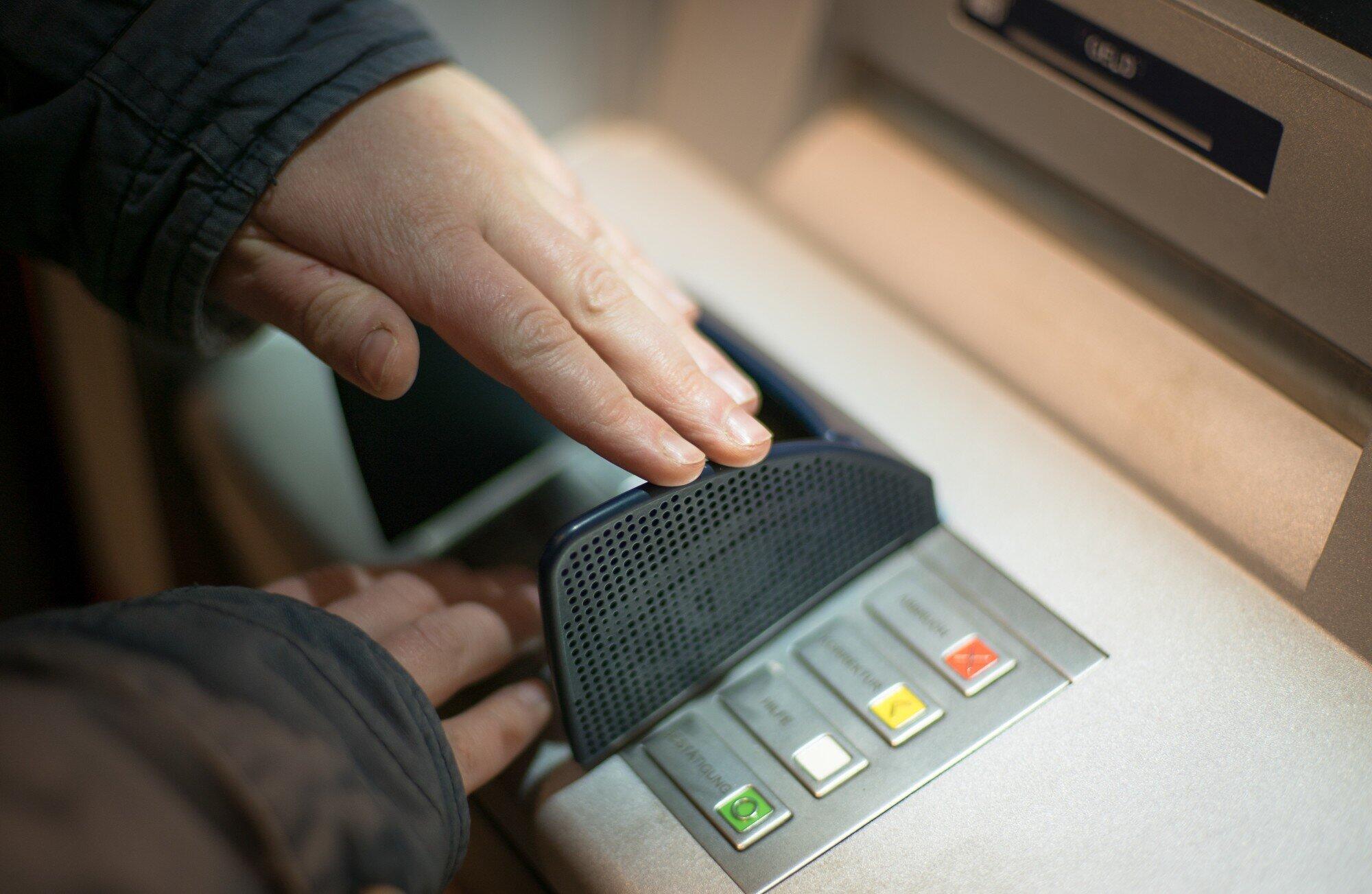The Future of Bank Security: Trends, Risks, and Innovations
Have you ever wondered how banks keep your money safe in a world full of hackers and digital tricks? With technology moving fast, bank security is changing quickly too. New tools are being built, new dangers are showing up, and the way we protect money is becoming smarter than ever.
In this blog post, you’ll explore the future of bank security. You’ll learn about the newest trends, understand the biggest risks, and discover how smart ideas are changing how we protect our finances. By the end, you’ll feel more confident about how banks are working to keep your money safe.
The Future of Bank Security Is Closer Than You Think
Bank security used to mean locked doors, alarms, and guards. But now, most money lives in the digital world. People use apps and websites to manage their money.
This change has made banking easier, but it also means new kinds of threats have appeared. Hackers no longer need to break into buildings-they just need to break into networks. That’s why the future of bank security is focused on stopping threats before they happen and keeping digital systems strong and smart.
Banks are using new tools like artificial intelligence, or AI, to watch for strange activity. If a thief tries to take your money, the system can spot something odd and stop it right away. The more data the system sees, the better it gets at knowing what’s normal and what’s not.
Watch Out for These New Dangers
The world is full of smart criminals, and their tricks are getting harder to spot. One big risk is phishing. That’s when someone sends fake emails or texts to trick people into giving away passwords or account numbers.
Another growing danger is identity theft. Criminals steal personal information and pretend to be someone else to open bank accounts or take out loans.
This kind of theft can be hard to notice until it’s too late. As more people share their lives online, it’s easier for bad actors to collect pieces of information and build a fake identity.
Then there are cyberattacks. These can be large attacks aimed at breaking into bank systems to steal thousands of records at once.
It’s not just people’s money that gets stolen-it’s also private data. When that data gets into the wrong hands, it can be used for even more attacks later on.
Smarter Tools Are Changing the Game
To fight these risks, banks are getting creative. Biometric tools are one exciting example. You might already use your fingerprint or face to unlock your phone.
Now, banks are using the same idea to let you log into your bank account. It’s hard to steal a fingerprint or face, so this adds a strong layer of protection.
Another tool banks are using is something called two-factor authentication. This means you need more than just a password to get into your account. Maybe it’s a code sent to your phone or a tap on a security app.
Artificial intelligence also plays a big part. It can spot strange patterns, like a login from a country you’ve never visited, and block the action. AI learns and improves over time, which means it gets better at stopping crimes before they cause harm.
Cloud Banking and Security Go Hand in Hand
More banks are moving their services to the cloud. This means the software and data are not stored in one place but are spread across secure internet servers. Cloud banking lets people access their accounts from anywhere, which is super helpful.
But some people worry about storing sensitive bank data in the cloud. The good news is that cloud providers use strong safety tools to keep information safe.
These systems are always updated and watched closely. Cloud-based banks can often stop threats faster than traditional systems.
This change is not just about safety-it also helps banks stay flexible and fast. When a new threat appears, cloud banks can update their defenses right away.
What You Can Do to Stay Safe
While banks are working hard to improve their systems, people still need to protect themselves. Simple steps like using strong passwords, not sharing personal details online, and keeping software up to date can make a big difference. Even just knowing the latest “tips about banking safety” can help prevent mistakes that hackers rely on.
Also, learning to spot fake emails and texts is very important. If something feels off, it probably is. Banks never ask for personal info through random messages, so be careful before clicking on links or giving out information.
Regulation and Rules Are Getting Stronger
Governments are also playing a role in bank security. As crimes grow more complex, new laws are being made to protect people. Banks are required to follow strict rules to keep systems safe and report problems right away if they happen.
There are also new rules about how banks store and use your data. These laws give people more control over their personal information. In the future, we can expect these rules to become even stricter as more of our lives move online.
This means banks have to stay alert and always check their systems to make sure they meet the highest safety standards. While it’s a big job, it’s also a sign that protecting money is being taken seriously at every level.
Tomorrow’s Banks Are Safer and Smarter
Looking ahead, we’ll see even more high-tech tools in banking. Imagine using your voice to open your bank account or having your account freeze automatically if something strange happens. New systems will also be better at learning and reacting quickly to threats.
Many banks are even testing things like blockchain, a special kind of record-keeping that is very hard to hack. These tools are still being explored, but they show how serious the future of bank security really is. What was once science fiction is becoming part of real, everyday banking.
One thing is clear: banks of the future are not only getting safer but also smarter. They are working behind the scenes every second to stop crime before it reaches your account.
Here’s What This Means for You
As we move forward, bank security will keep getting better, thanks to smart tools and stronger rules. But dangers will always exist, and both banks and customers need to stay alert. The future of bank security is not just about machines-it’s also about trust, teamwork, and learning how to protect ourselves in a fast-moving world.
Did this guide help you? Browse the rest of this section for more advice on a variety of topics.







